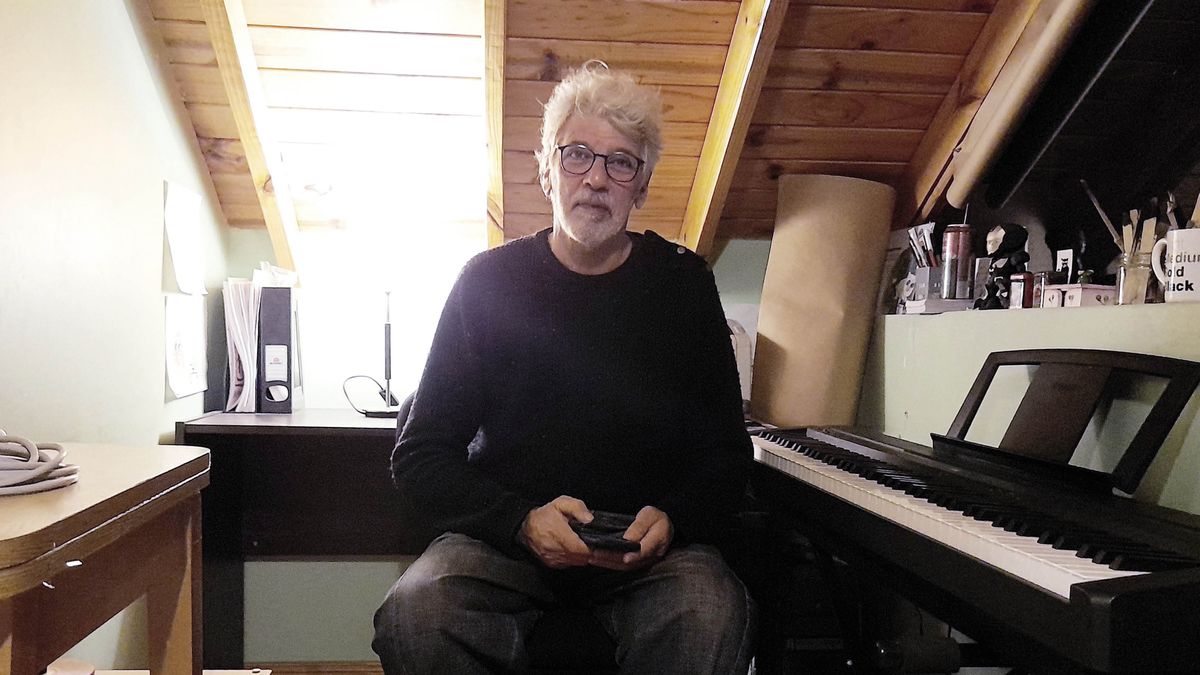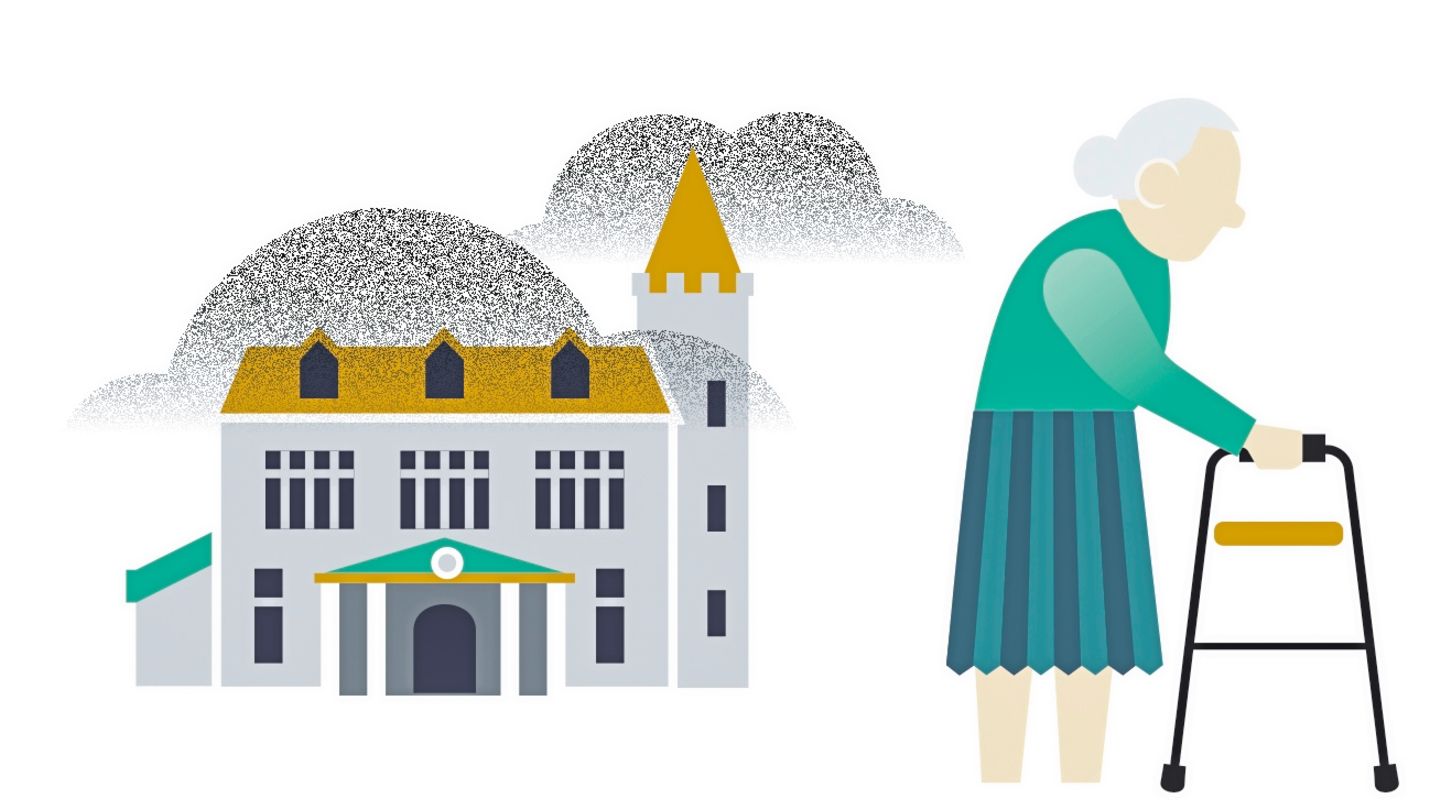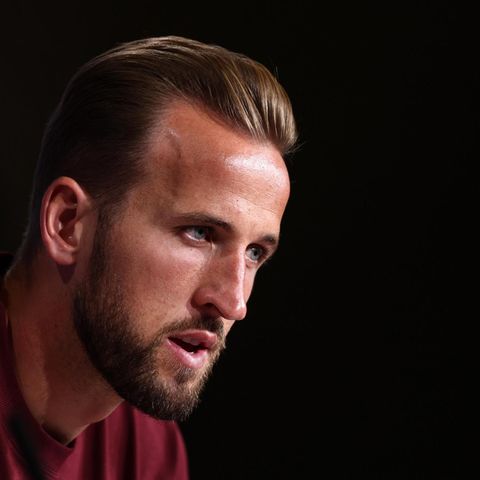Launching
“In 1999 we had the idea of making a label that would make known music that was difficult to spread”. Tenenbaum and his partner, Mami Monner Sans, shared a famous bookstore-record store on Corrientes Street, and LALD started from there. “We all know that labels like Blue Note or ECM marked and continue to mark their own style. We were never interested in being a label dedicated to a specific genre, that is, a tango label, or a jazz label, etc. What we were looking for was a concept that depended on our curation and not on the genre that our artists played. And the truth is that in this era of platforms over physical formats, continuing to maintain the personality and spirit of a label is a challenge. The first 15 years almost everything was CD, plus a small percentage of vinyl, very few because at that time it didn’t make sense because of the tremendous costs of an LP”.
With records by Axel Krygier, the Duo Lerner-Moguilevski, Fernando Samalea, Liliana Felipe, Celsa Mel Gowland, A-Tirador Laser, Gerardo Gandini, La Orquesta Escuela de Tango, and the entire Fattoruso family, including Hugo and Rey Tambor, the Trio Oriental or Francisco Fattoruso -the next generation- and his “House of Groove”, LALD managed to carve out a space for itself in the alternative record market, a niche that has always enriched our music scene.
“Given that the idea was never to record hits to get rich, the label was reasonably sustained,” says Tenenbaum, who from a young age has worked in various areas of the industry, both as managers of artists or record labels. Just for the crisis of 2001 they bet on Kevin Johansen, and then one of those unpredictable things happened. Suddenly, the record store chains that ordered 5 or 10 Johansen records asked for 100 copies of that “Sur o no Sur”: it is because each chapter of the Telefé strip “Resistiré”, with Pablo Echarri and Celeste Cid, culminated with the stellar couple kissing with the musical background of the theme “Down With My Baby” from that album. Those first three Johansen albums became the first of several cases in which some multinational company bought the rights to titles with massive potential.
In the middle of the last decade, the label chose to abandon the physical format to concentrate on digital platforms. “There comes a time when you have no choice but to adapt, even though your strategy has always been to be an eternal misfit to the rules of the industry,” explains Tenenbaum. “The market now consists of contracting an international distributor of digital platforms, for example The Orchard Enterprises, which is in charge of including (and then counting the royalties) our records in those applications and platforms that everyone knows. In contractual and commercial matters it is reasonable and neat, which does not mean that it is known with certainty how clicks and reproductions are measured. For many, this is a big problem, but for us it is a minor matter; What keeps us busy is finding a way so that the public does not lose sight of the spirit and the brand of the label in the midst of this new modality that causes the name of a platform with great catalogs but without concepts or style. In our record store it was common for customers to ask what was new from ECM, Blue Note or Verve without focusing so much on the artists, since each label guaranteed something important. That runs the risk of getting lost.”
While firms like Blue Note have just launched their new division “Blue Note Re Imagined” two years ago, the idea of LALD seems to focus on deepening its “misfit” spirit. Even during the pandemic quarantine, for example by giving plastic artist Diego Chemes the opportunity to demonstrate that he too can apply his unique aesthetics to colorful sounds. And now he maintains the production of albums by artists such as “Los Nuñez”, whose new vision of chamamé they have been supporting since the award-winning “3 Fronteras”. Meanwhile, the release of “Vivo en Boris 2011” has already generated a tribute to Osvaldo Fattoruso, with a show by Lew, Mazza and Nole themselves plus the contribution of Uruguayan drummer Fabian “Sapo” Miodownik, this April 22 at the Bebop Club. But for this label the idea of recording this new show doesn’t even cross their minds, for obvious conceptual reasons; “It would be very easy!” concludes Tenenbaum.
Source: Ambito
David William is a talented author who has made a name for himself in the world of writing. He is a professional author who writes on a wide range of topics, from general interest to opinion news. David is currently working as a writer at 24 hours worlds where he brings his unique perspective and in-depth research to his articles, making them both informative and engaging.




